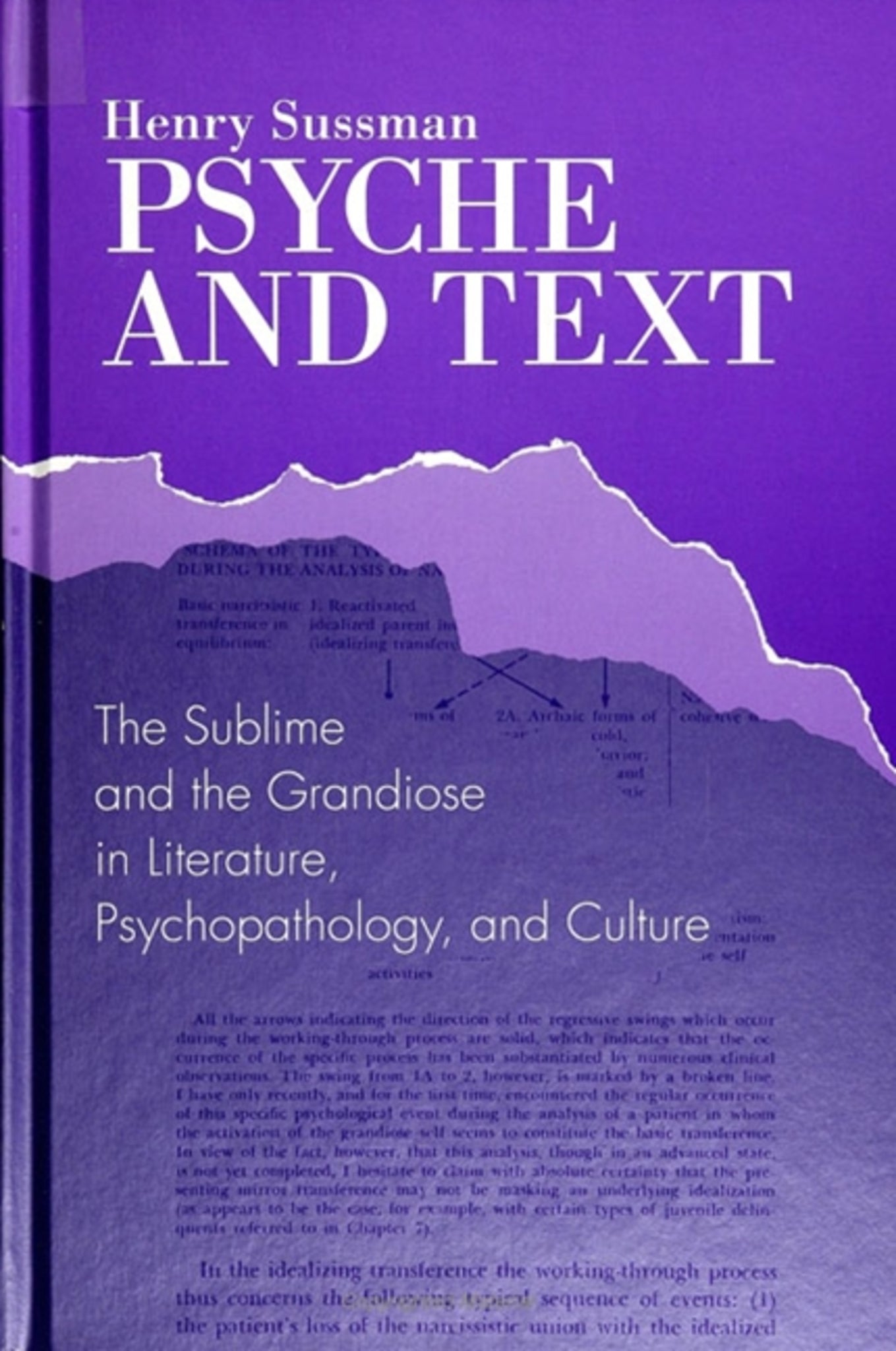We're sorry. An error has occurred
Please cancel or retry.
Psyche and Text

Some error occured while loading the Quick View. Please close the Quick View and try reloading the page.
Couldn't load pickup availability
- Format:
-
24 August 1993

Sussman here explores the relevance and value of object-relations theory to literature and literary studies. His study of character treats literature as a medium in which important relationships to conceptualized others-artifacts, mentors, activities, and schools of thought-are being worked through. Although rooted in the psychoanalytical model, this book is ultimately a study of character and of the conditions of subjectivity and intellectual work in the contemporary world. No background in literature or psychoanalysis is necessary for its understanding and productive use.
Beginning his study of character with Sophocles' The Antigone and Shakespeare's Othello, Sussman then goes on to locate the underpinnings of twentieth-century notions of the grandiose and of subjective emptiness in the Romantic exploration of the sublime. Discussions of characterization in Kafka, Joyce, and Beckett lead to an extended reading of Musil's A Man Without Qualities. To show the increasing awareness of narcissistic psychopathology in contemporary popular culture, Sussman also includes readings of "Citizen Kane" and "The Silence of the Lambs."


"Sussman's concluding survey of the situation of literary studies today places this work at the center of any possible current discussion of 'whither literary criticism.' The issues he alludes to could scarcely be more important in the context of contemporary critical discourse." — Ruth V. Gross, University of Texas, Arlington
Acknowledgments
Preface
1. Introduction
2. On Character
3. Characterization in Antigone and Othello
4. Grandiosity and the Romantic Sublime
5. Object-Relations Theory: Otto Kernberg
6. Object-Relations Theory: Heinz Kohut
7. Object-Relations Theory: Alice Miller
8. Robert Musil, The Man without Qualities: Setting
9. The Man without Qualities: An Inter"personal" Reading
10. The Man without Qualities: Friendship and Persistent Envy
11.The Man without Qualities: Idealization and Repression
12. The Man without Qualities: Eroticism and Critical Detachment
13. The Man without Qualities: An Early "Borderline Character"
14. The Man without Qualities: Sibling Mirroring
15. Borderlinity and Contemporary Culture: The Silence of the Lambs
16. Conclusion
Notes
Index



